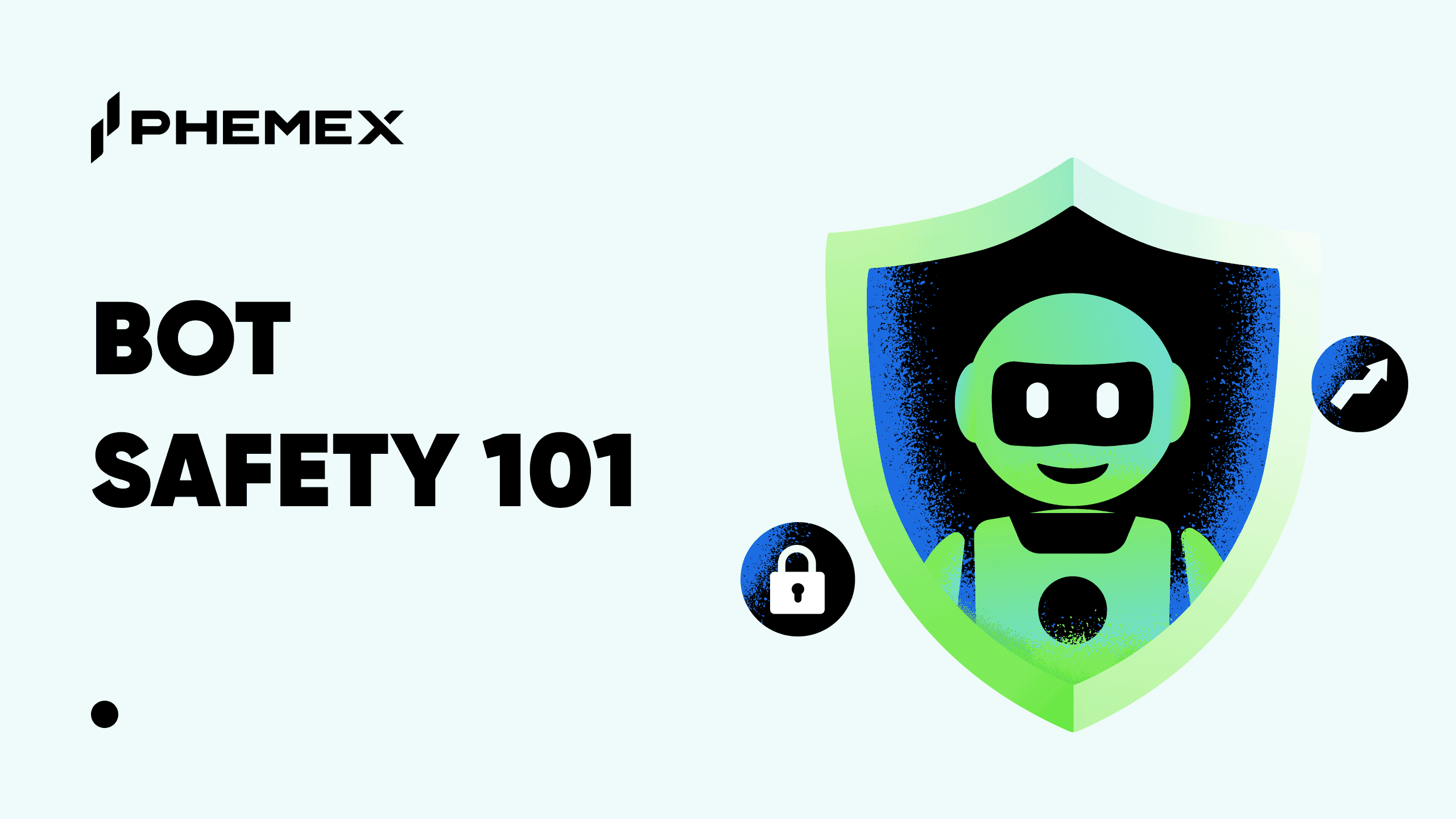
Currently, Bitcoin and other digital asset paris are being used by more and more businesses throughout the world for various transactional, operational, and investment needs. However, like on any new frontier, unknown hazards and malicious temptations still exist. Phishing, hacking attacks and cryptocurrency theft have risen as a result of growing blockchain adoption. While no storage option is completely secure, there are still some techniques to boost your cryptocurrency security. One of the best methods to keep your crypto safe is to own a crypto wallet.
What are Crypto Wallets? How do they help secure your crypto storage?
Contrary to popular assumption, bitcoin transactions do not involve «sending» cryptocurrency tokens from your phone or computer to another person’s device. Unlike traditional wallets that physically hold money, crypto wallets operate as a central repository for the public and private keys needed to purchase cryptocurrencies and offer digital signatures to validate each transaction. Your keys enable transactions and serve as proof of ownership for your digital currency. You can’t access your crypto if the private key is lost.
Many kinds of crypto wallets exist, including tangible objects, software, and even paper. Hosted wallets, non-custodial wallets, and hardware wallets are the three most common forms of cryptocurrency wallets. They can be divided into two categories: hot and cold.
A hot wallet is a cryptocurrency wallet that is linked to the internet, such as a cloud-hosted wallet or software application. Hot wallets are better suited for users who frequently transfer funds and want to make quick online payments. Hot wallets, however, are vulnerable to hackers due to their internet connectivity. Security is also determined by the service provider, such as whether the wallet is hosted by a popular exchange with extensive security resources.
On the other hand, cold wallets are cryptocurrency wallets that are responsible for maintaining private keys in an offline environment. Because it is kept offline on a separate piece of hardware like a USB, a cold wallet is theoretically more secure than a hot wallet. Cold wallets, like hardware wallets, are malware-resistant devices with the sole purpose of storing keys and signing transactions, eliminating the attack vectors that hackers and thieves typically exploit. It should be noted that cold wallets are also not impenetrable. PIN code hacking is one of the most common ways hardware wallets can be compromised, but it varies depending on the device.
How does Phemex build a secure crypto wallet system?
Phemex has put in place a highly trustworthy crypto wallet architecture in an effort to give our users transparency and peace of mind. Phemex uses a proprietary Hierarchical Deterministic Cold Wallet System that allots unique deposit wallet addresses to every user, leveraging the fact that cold wallets are generally more secure. Using offline signatures, these deposits are combined and kept in distinct multi-signature cold wallets. Our exchange has even made a few of these cold wallet addresses public so that anyone can examine the platform’s asset funds on hand in order to achieve the highest level of transparency. Withdrawals are handled carefully through a real-time automatic risk control system that flags questionable requests for manual review. The proactive, extensive attitude toward customer asset protection has raised Phemex to become a paragon of security amongst CEXes.









